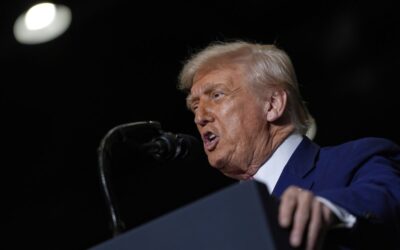
Spencer Chretien, right, talks to a young fairgoer at the Project 2025 tent at the Iowa State Fair, Aug. 14, 2023, in Des Moines, Iowa. With more than a year to go before the 2024 election, a constellation of conservative organizations is preparing for a possible second White House term for Donald Trump. The Project 2025 effort is being led by the Heritage Foundation think tank. (AP Photo/Charlie Neibergall)
Project 2025 specifically states that certain types of emergency contraception would be excluded from the no cost coverage provided by the Affordable Care Act should it be implemented.
For over a decade, most American women have been able to access birth control and other preventive health services at no cost due to the Affordable Care Act (ACA).
Project 2025—a 900-page plan put together by the Trump-aligned, right-wing Heritage Foundation—wants to change that by excluding certain forms of emergency contraception—like Plan B and other forms of the morning after pill—from no cost coverage.
The ACA requires that most private health insurance plans provide no-cost coverage for recommended preventative services, without coinsurance, copayment, or deductible. This provision includes every form of birth control approved by the US Food and Drug Administration (FDA)–including Plan B and other forms of emergency contraception.
According to a new analysis from the Center for American Progress (CAP), if Project 2025 is put into effect, 48 million American women could lose their guaranteed no-cost access to emergency contraception.
In Virginia specifically, 1.3 million women of reproductive age–or those ages 15-49–could lose guaranteed no-cost emergency contraception coverage.
If this were to happen, these women wouldn’t have access to that contraception when they need it. And according to a new national survey conducted by the US Census Bureau, nearly one-quarter of reproductive-age women who have ever had sex with a man report having used emergency contraception at some point so far in their lives.
Democratic efforts to protect access to birth control
Meanwhile, Democrats in Virginia have fought to protect access to birth control in light of Roe v. Wade’s reversal two years ago.
Democratic lawmakers introduced a bill to protect contraceptive access this past legislative session. Although it passed in both chambers, Gov. Glenn Youngkin vetoed the legislation once it reached his desk.
On the federal level, Democratic lawmakers have attempted to protect birth control access, as well. But Senate Republicans recently blocked a bill that would have guaranteed access to birth control under federal law.
Specifically, the bill would have cemented the right for Americans to obtain and use birth control without government interference. It would have also protected the right of health care providers to distribute information about contraception and provide it to patients, and also ensured that patients had a right to access condoms, birth control pills, intrauterine devices (IUDs), vasectomies, and more.
Thirty-eight Republicans voted against the bill and nine failed to show up for the vote, while 49 Democrats voted for the bill, with one missing the vote. In accordance with Senate rules, Senate Majority Leader Chuck Schumer (D-New York) changed his vote to no at the last minute, which will allow him the chance to reintroduce the bill again at a later date.
President Joe Biden was quick to condemn Republicans for blocking the bill, calling it an “unacceptable” decision.
“My administration alongside Democrats in Congress will continue to fight to protect access to reproductive health care and keep taking action to strengthen access to affordable, high-quality contraception,” the president said in a statement. “And we will continue to urge Congress to restore the protections of Roe v. Wade in federal law and safeguard the right to contraception once and for all.”
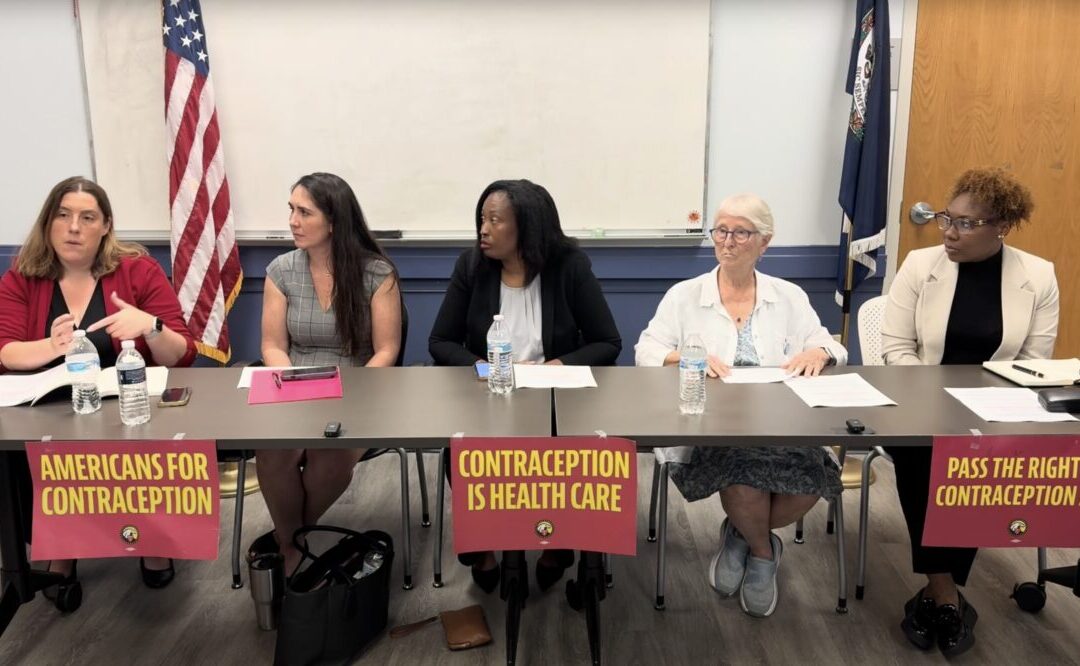
At a Virginia roundtable, advocates warn contraception rights are at risk
The event spotlighted Virginia’s stalled Right to Contraception Act and the broader fight against policies that could strip thousands of Virginians...

In her own words: Why this Texas physician now helps women in Virginia
Dr. Lou Rubino is just one of many physicians who’ve left Texas as a result of the state’s multiple abortion bans—laws that prevent doctors from...
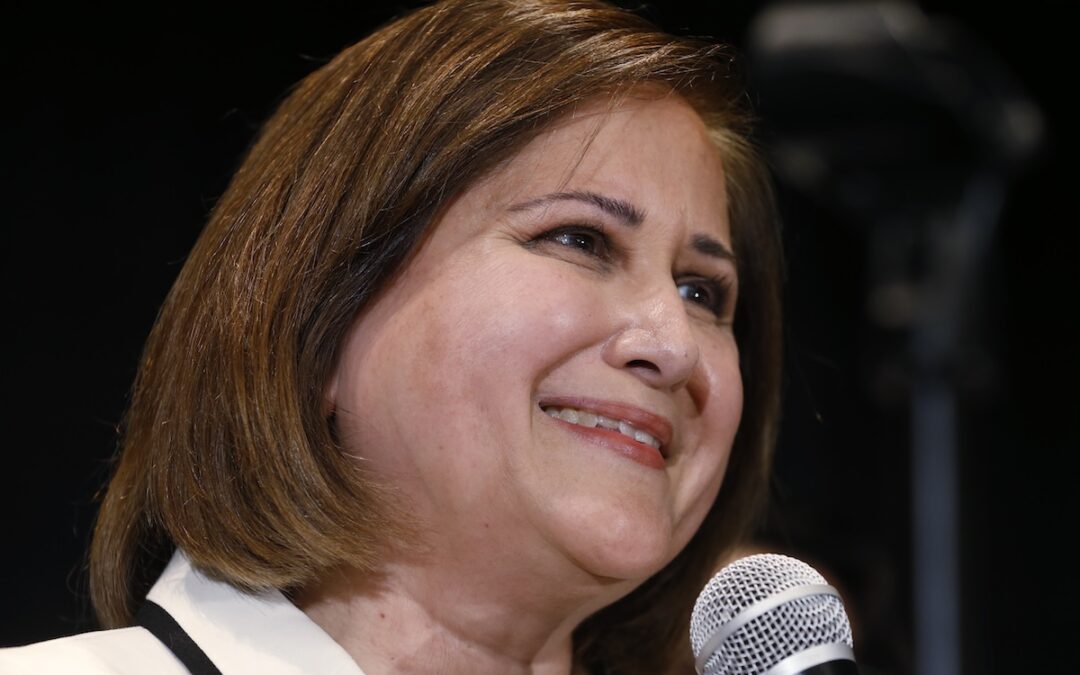
Ghazala Hashmi speaks out: ‘I’m so thankful my doctor could save my life’
The Democrat running for lieutenant governor of Virginia reveals she had two dangerous miscarriages—and pledges to protect reproductive rights for...
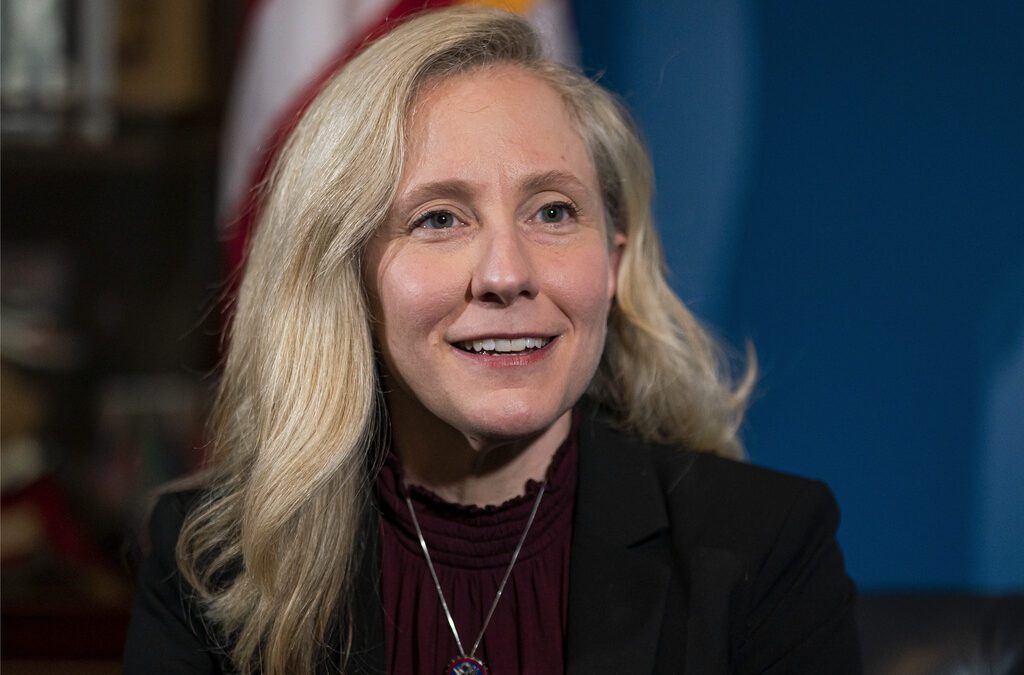
Spanberger makes reproductive rights a cornerstone of her run for governor
She's pledging to defend contraception access and expand abortion protections. Virginians got to learn a little more about the Democrat running for...
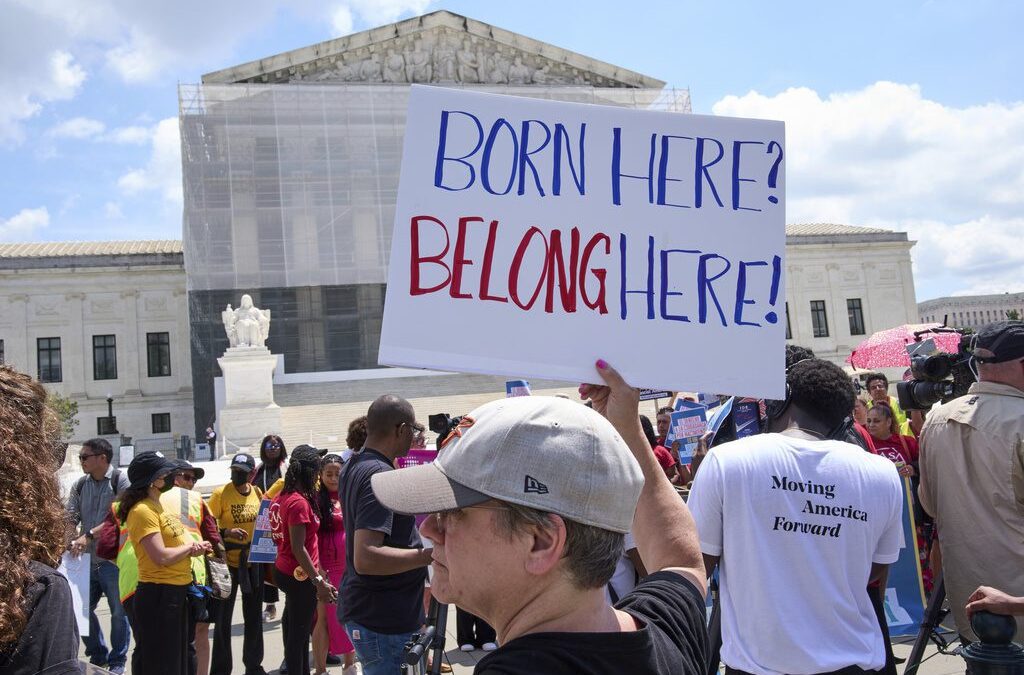
Supreme Court limits nationwide injunctions, but fate of Trump birthright citizenship order unclear
WASHINGTON (AP) — A divided Supreme Court on Friday ruled that individual judges lack the authority to grant nationwide injunctions, but the...

Several hospitals in rural Virginia are at risk of closing if Trump’s ‘big beautiful bill’ passes
Studies reveal that at least half a dozen rural hospitals and health centers in Virginia will be forced to close their doors if the Trump...



